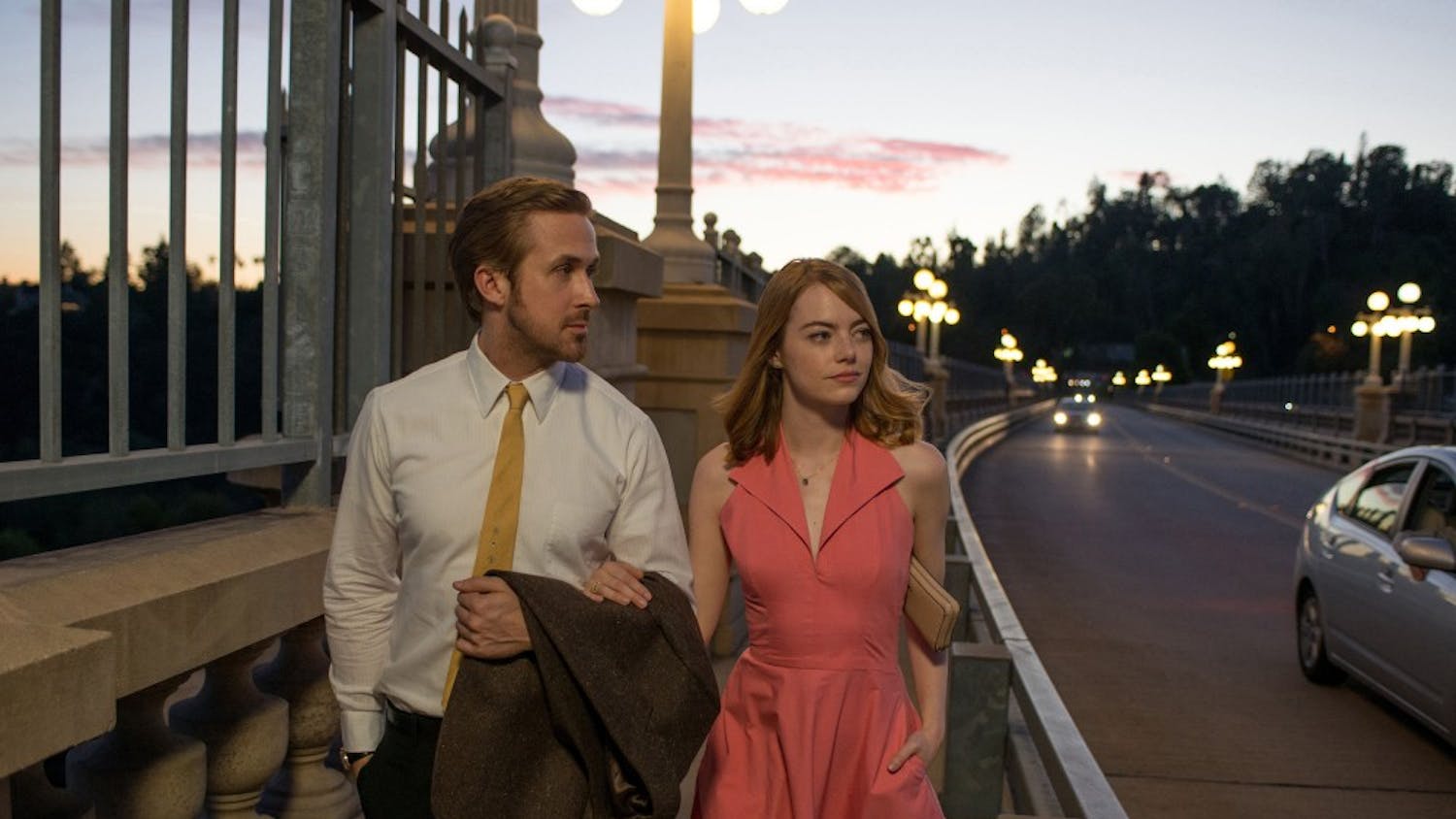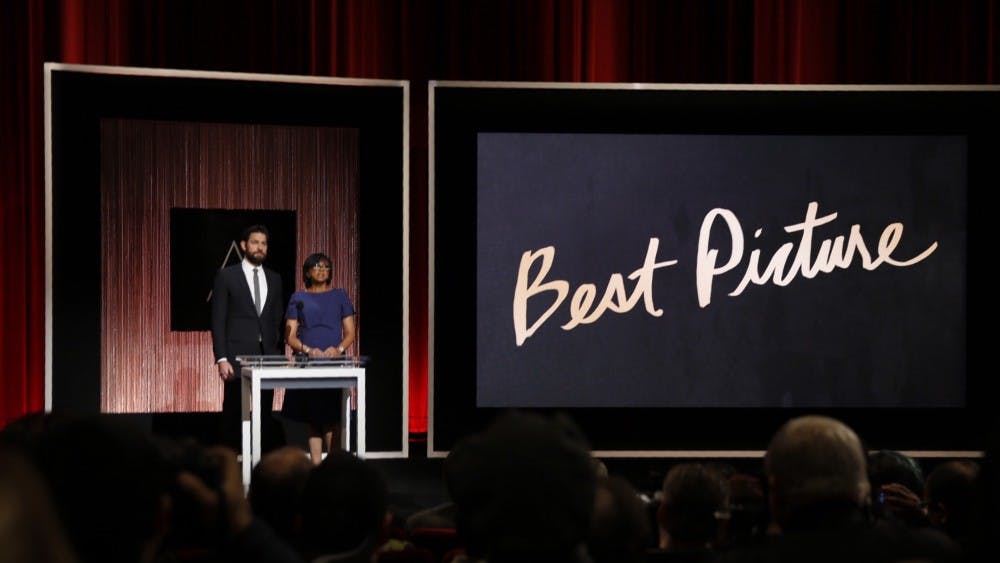A little less than two months ago, the British literary quarterly Granta put out the fourth edition of its Best of Young British Novelists series, a tradition dating back 30 years that is responsible for discovering writers Salman Rushdie, Kazuo Ishiguro, Ian McEwan, David Mitchell and Zadie Smith (appearing again in the latest issue) just to name a few.
Given Granta’s sterling reputation for putting unknown and prodigious literary talent on the map, it is likely tempting for the magazine to want to push the same talent — the people currently writing our literary bestsellers (literary, not the stuff you buy in the terminal before your flight) — and market the next Alan Hollinghurst instead of its no-names. Editor John Freeman however, makes it abundantly clear that the magazine has no intention of doing this.
“Our happiness as readers,” Freeman writes in the issue’s introduction, “increased greatly when we stopped looking for the next Will Self, the next David Mitchell...these writers were original in their own way when they emerged.”
And he’s right on the money, for the most part. Though I haven’t read enough of the novels from this latest batch of writers to feel comfortable forming and arguing a strong opinion, several of the stories (excerpts, for the most part) stood out more than others. Adam Thirlwell (a 2003 Best Young British Novelist) builds tension with a watchmaker’s precision in the excerpt from his novel “Slow Motion,” which he then augments with a style embracing self-parody, discourses in morality, and an eye for a good simile: “Fate was all around me, like the crimping on a beer-bottle top.”
Benjamin Markovits, who has published six novels, contributes an engaging excerpt from a new one, “You Don’t Have to Live Like This,” about a group of Yale friends, their business ambitions, their girlfriends, and a budding maturity which threatens to tear it all apart. Markovits, shown spinning a basketball in Nadav Kander’s excellent slideshow of the writers (you can find it in the New York Times Books archives), is a spirited writer with a young man’s talent for banter and ironic, convoluted interior monologue. At one point, his character reflects on the possibility of his own homosexuality, citing that his failure with a recent girlfriend might suggest his preference for his same sex. The dilemma is resolved handedly: “I didn’t want to be gay, for several reasons. One of them being that I wanted to sleep with girls.”
Try as I might, I couldn’t much get into Zadie Smith’s entry “Just Right,” though I assume the fault was in my own lack of perseverance (this is the sort of magazine one should read at least twice). Naomi Alderman’s “Soon And In Our Days” and Ross Raisin’s “Submersion” are the only short stories and both operate (and succeeding) under absurd premises: a visit from a Biblical prophet and a father on a rocking chair lost in a flood, respectively. The two also provide a welcome sense of closure, instead of the ambiguous cut-offs from most of the novel/novella excerpts. Stephen Hall’s “The End Of Endings” is an interesting read, though it gets to be a little gimmicky with half the submission printed in retrograde on black paper.
Whatever complaints one may or may not have, it can be agreed that if there’s one thing the current batch of Young British Novelists have, it’s vision. It’s variety. Hutzpah, if you prefer. And, fortunately or unfortunately, it’s a characteristic endemic of Granta, “The Magazine of New Writing (and Writers).” Most American top-tier journals can’t boast many new writers.
Not that this is a problem, exactly. The Paris Review, that 60-year mogul of trending literature with a nifty app (relatively new) and a gorgeous daily blog that I’ve set as my homepage, deserves all the praise it gets (which will never be enough). I receive more than a dozen literary journals and magazines now, but The Paris Review was my first and still the first to which I’ll go when I crave good reading.
Even so, like a good husband, I love the review while recognizing virtues as well as faults. Young, upcoming writers are all but forcefully barred entry from any hopes of publication within its pages. The Paris Review is an old man’s game — it’s the cool kids’ club and the top-tier fraternity and a place that good looks, genius, a winning smile and a considerable amount of luck still won’t get you into.
Like the New Yorker, another top journal, the Paris Review has its chosen darlings (Sam Savage is the first that comes to mind) to publish and republish — a condition shared by many of the best journals — and ambitious first comers are told to look elsewhere.
But luckily for the young author, America enjoys a far greater number of literary journals for first publications than Europe or Great Britain. Many universities (including IU) publish quarterlies or bi-annuals looking to promote new writing. It’s a good route for the future novelist to take: there’s the experience of submission (and, let’s face it, rejection), the possibility of an acceptance and a resume builder and the hope after acceptance of building a name for oneself. It’s a path, one that is broadening every day with new journals and growing readerships, and one that wasn’t available 30 years ago.
And yet the path into the literary limelight offered by your average college journal sort of looks like stepping-stones to the young writer when compared to the six-lane highways of the established moguls. Carving a name out for yourself, university by university, in order to advance a literary career can take decades: it can take a lifetime. Small journals simply haven’t been around long enough, haven’t had the opportunities to publish the Great Novelists, to enjoy the prestige of the top-tiers.
All this is meant less to serve the purpose of outlining the woes of the writer than it is meant to praise the publications, such as Granta, that use their prestige for the purposes of discovering the Next Great Authors instead of reiterating the ones already there. Granta is perhaps the most forward-thinking literary publication there is, one that, instead of shying away from the writer-without-a-name, embraces the writer as a name-that-can-be. We need the big magazines to keep the current names current — a writer out of print is a dead writer — but in the dog-eat-dog world of publishing, a magazine that chooses as its combatants not its aged warriors but its greenhorns, is an anomaly.
Read and reread this issue of the Best of Young British Novelists. It is right to celebrate them.
The newest, youngest, bestest novelists
Get stories like this in your inbox
Subscribe




